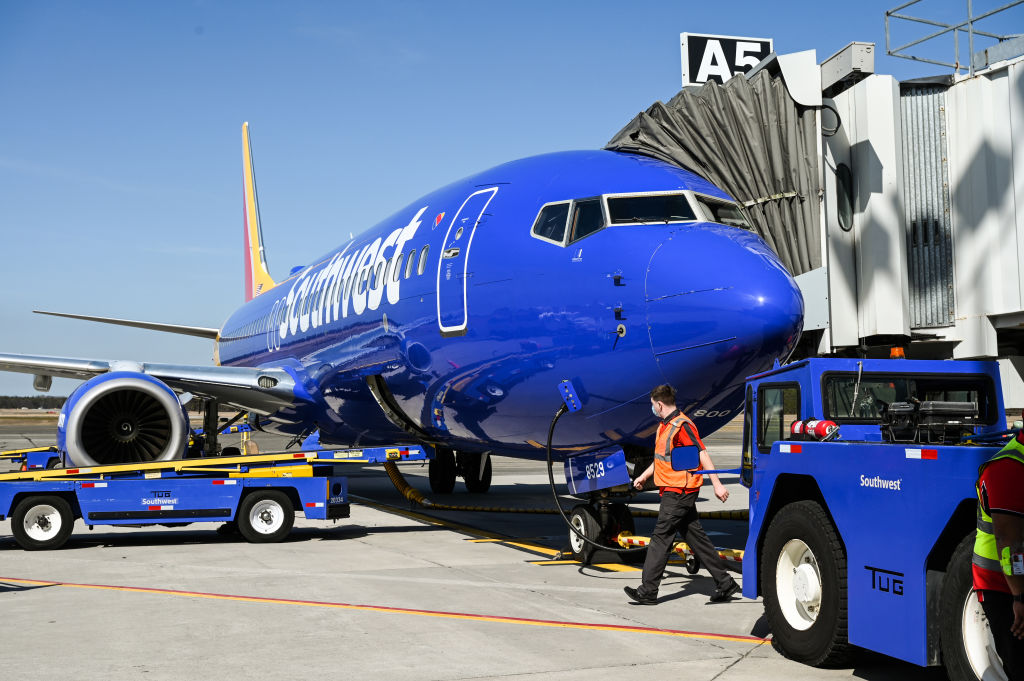Among the aspects of air travel regulated by the Federal Aviation Administration is the speed at which planes can be evacuated. This, in and of itself, is completely understandable. Where it gets more complicated, though, are the conditions under which evacuations are tested. That, in turn, has led politicians of both major American political parties to raise questions about how accurate those testing conditions are.
That has led two Senators, Tammy Duckworth and Tammy Baldwin, to introduce legislation to address these questions. That would be the Emergency Vacating of Aircraft Cabin (EVAC) Act; in the House of Representatives, Rep. Steve Cohen introduced a related bill.
In a statement, Senator Duckworth said that the proposed law would require the FAA “to finally establish evacuation standards that consider not just seat size, pitch and configuration, but other real-life conditions like the presence of carry-on bags and passengers of different heights, weights, ages and abilities.”
Under current guidelines, all passengers should be able to evacuate a plane within 90 seconds. Whether or not they actually can is a lingering question; Duckworth cited a CBS News report indicating that the testing system was lacking.
Even if this legislation does succeed in passing, it’s not clear what would happen if the FAA determined that a plane’s evacuation speeds were longer than 90 seconds. In an interview with The Points Guy, Duckworth clarified some of her goals with the legislation. “[T]o have an arbitrary standard and then to finesse the test so that you meet those standards is not how FAA regulations and safety regulations are supposed to work,” she told TPG.
She also noted that having a better sense of what a realistic evacuation time would be would, in turn, make it easier to train flight crews on what to expect. Having more data — and more realistic data — is always a good thing, but hopefully, this law (if passed) will also lead to real changes, if needed.
Thanks for reading InsideHook. Sign up for our daily newsletter and be in the know.


















